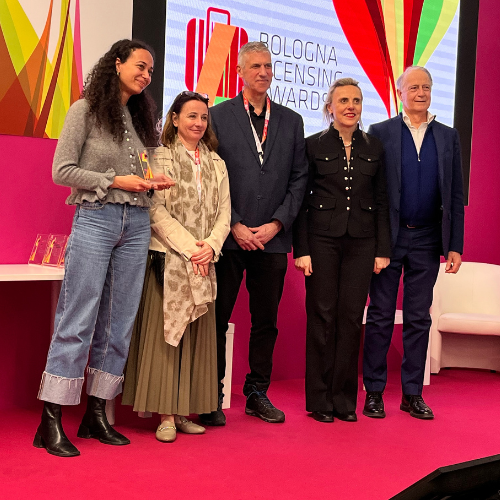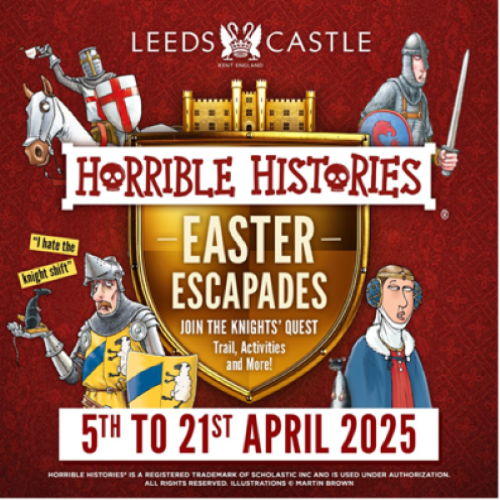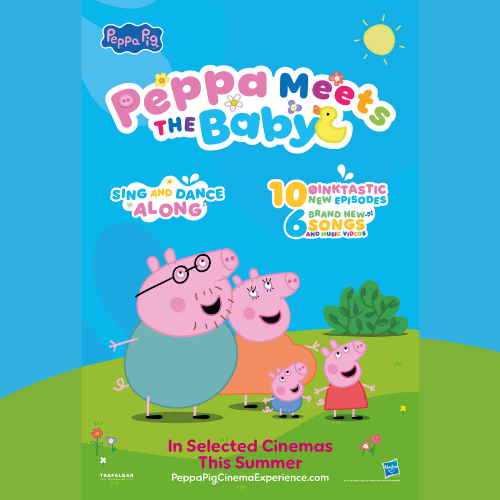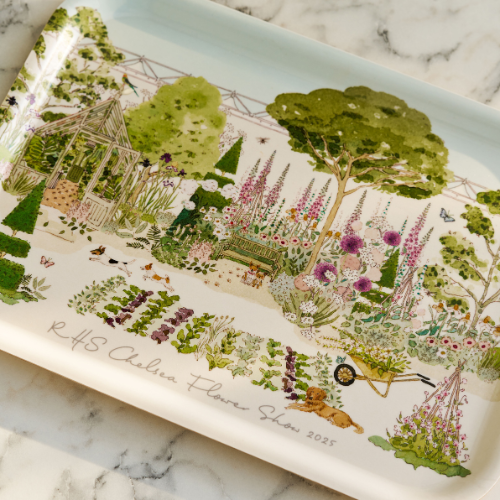Start Licensing’s Ian Downes takes a look at Primark’s focused approach to licensing this week.
One of the downsides of working in licensing is that on occasions it is difficult to buy licensed products for friends and family. You live in fear of presenting a gift only for them to say a few moments later, “Don’t you work in that licensing industry?” which is a polite way of saying “this is a free sample you cheapskate”.
As a result I have tended to shy away from giving ‘licensed gifts’, but a couple of products I saw publicised on Retro to Go this week are ones that I will break my own rules for.
The products are Volkswagen Camper Van Kettles and Toasters. They will be available from July on The Fowndry website. They are great examples of brand licensing featuring the iconic design references of the VW Camper using features such as the front grille and handles to great effect. One can imagine the products featuring in kitchens, but also being used at festivals and maybe even in a few camper vans. I am sure they will be picked up by a wide range of consumers including a younger generation, particularly students or first homers.
They are great examples of using a licence in an original way and adding a point of distinction in a competitive product category. I would happily give these as presents and take my chances of my reputation being sullied.
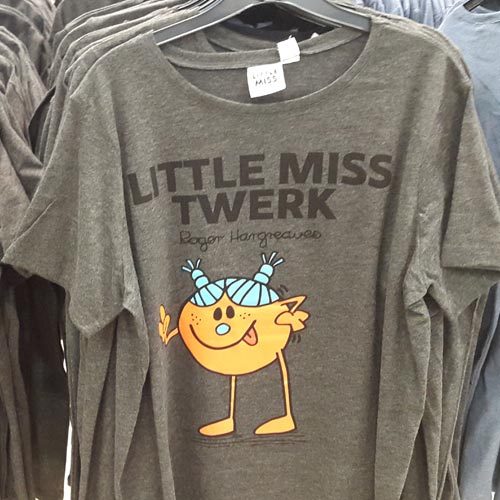
I visited the Primark superstore in Manchester city centre last week. Like their Oxford Street store, it is a very impressive shop occupying a great city centre location. I visited just after it opened one morning and for the first time on a visit to Primark I was able to wander around without battling with a crowd of shoppers… not complaining, but it is difficult to ‘compshop’ when you are in a crowd.
I was able to see how licensing is used throughout the store. It seems that there is a very focused approach to licensing – a selected range of licences are featured in capsule ranges throughout the store, backed up with good display materials coupled with table displays offering mixed ranges of licensed products such as t-shirts and socks.
I’m guessing here that the variety of designs appeals to consumers allowing them to find new designs and styles adding interest to the shopping experience. It is easy to get carried away with the importance of licensing to retailers and on this store visit my rough estimate was that licensed products maybe make up 5% or so of their stockholding.
Clearly in the case of a retailer like Primark that will translate to significant revenues, but it is also a reminder that licensing is part of the retail mix and retailers like Primark have other strings to their bow.
One of the highlights of my visit was seeing new designs for Mr Men and Little Miss. There was a range of Little Miss fashion tops featuring a number of new characters – these included Little Miss Twerk, Little Miss Social Media and Little Miss Selfie. Initially I was troubled by the new characters, as I had worked on the Mr Men and Little Miss many years ago and it was difficult to accept and imagine new characters. I was acting like an industry veteran.
However, I chatted about the new characters to friends and they quite rightly pointed out that these characters and topics would resonate with younger consumers and help keep the brand fresh. This point was reinforced when I became Mr Tweet and tweeted about the range – I received a number of replies from consumers who wanted to know where they could buy the product and shared the images with friends.
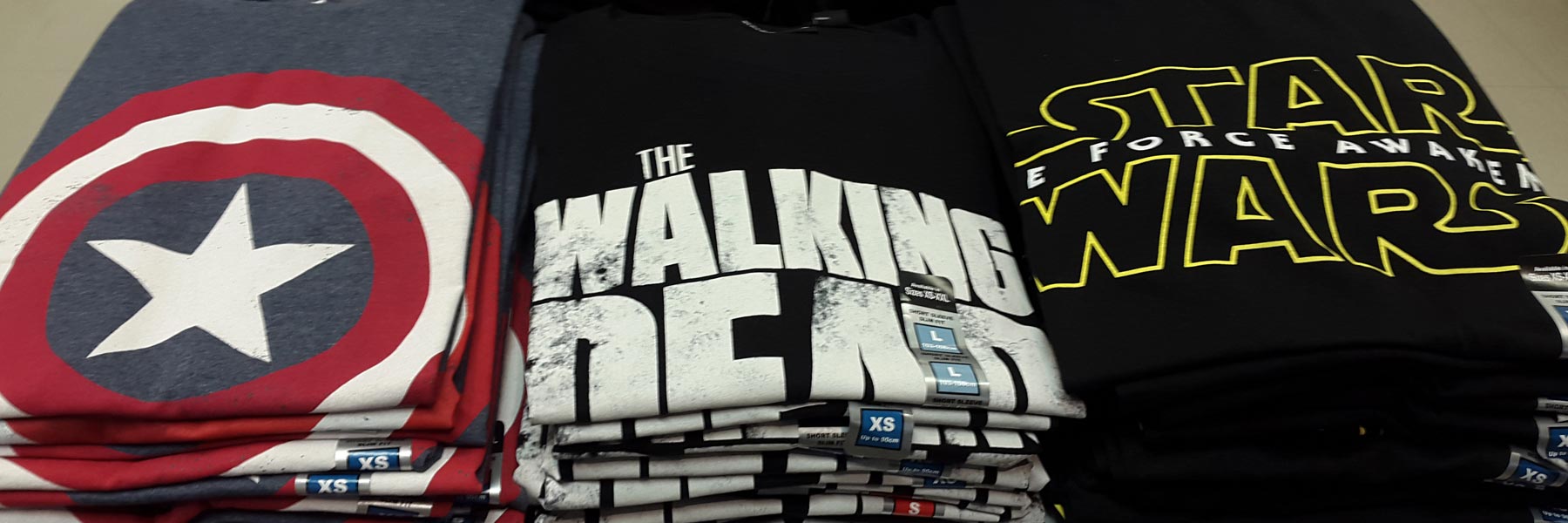
Developing the new characters and designs is a good case study of how sometimes in licensing you have to look forward, refresh designs and be mindful of where consumers are in life stage terms. Plus importantly thinking about where they shop and what they are shopping for – creating a range of t-shirts that suit a retailer like Primark is a smart move.
Sometimes you have to change things up and take some risks in licensing – I think this is an example of how ‘controlled’ risk taking can help drive a licensing brand forward.
I also thought the Harry Potter apparel product in Primark looked good and was well presented with design working well in concert with POS material – in a busy shop like Primark this approach will draw people to the fixture. Mind you if you can get into your local Primark first thing in the morning I would recommend it – it was a different kind of shopping experience.
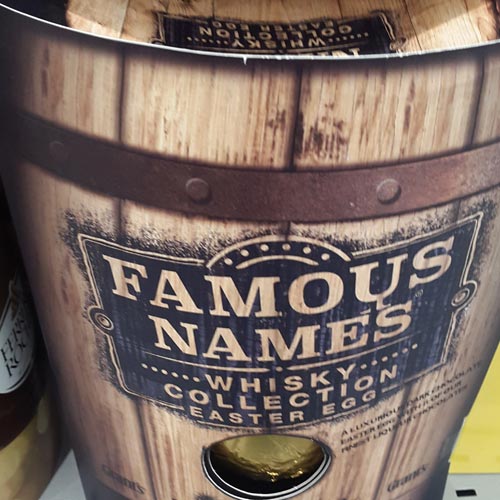
Within the grocery sector, Easter is the season of the moment and it is a encouraging to see that licensed Easter Eggs are still featuring on shelf – in this category it has become increasingly difficult for licensed characters to compete with ‘real’ confectionery brands such as Kit Kat, Lion Bar and Cadbury’s.
It seems that one opportunity for licensed eggs is in the value sector with brands such as Shopkins and Peppa Pig featuring in this sector and also offering ‘added value’ opportunities, for example a Hot Wheels Easter Egg with 2 Hot Wheel cars included – reinforcing the gifting potential of the product.
However, one egg that stood out for me was produced by Elizabeth Shaw The Famous Names Whisky Collection Egg – a egg developed in collaboration with Grant’s, Teachers and Drambuie. The egg is ‘barrel’ shaped. A clever use of brands and for the brand owner an opportunity to reach consumers in a new channel. Also an Easter egg that competes pound for pound with established confectionery brands.
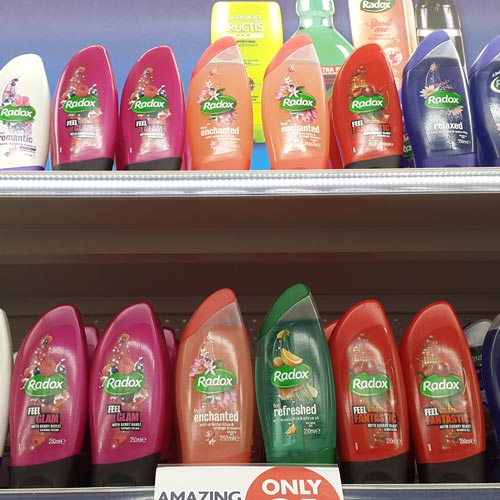
Finally, when we launched Tango Shower Gel a few years ago many regarded this as a risk too far. Needless to say the product was a great success. Which was good for us, good for the licensee and good for Britvic. I think it also shook up the category as well.
In the shower gel category now we see big brands using ‘fruit’ flavours, brighter colours and new packaging styles. A licensed product entering the market helped reshape the market. Interestingly, Jelly Belly now have shower gel presented in a jelly bean shaped bottle.
I think there are two points to note here – rather like the Little Miss example sometimes you have to be bold in licensing to achieve success and secondly, licensed products can make an impact in a sector, but be assured that brand owners in the sector will be looking and reacting. It is always worth thinking about your next move before you need to make it.
PS: For those of us on the selling side of licensing, the latest Chef & Sue comic strip might resonate. Procrastination…
Ian Downes runs Start Licensing, an independent brand licensing agency. His Twitter handle is @startlicensing – he would welcome your suggestions for what to look out for.












